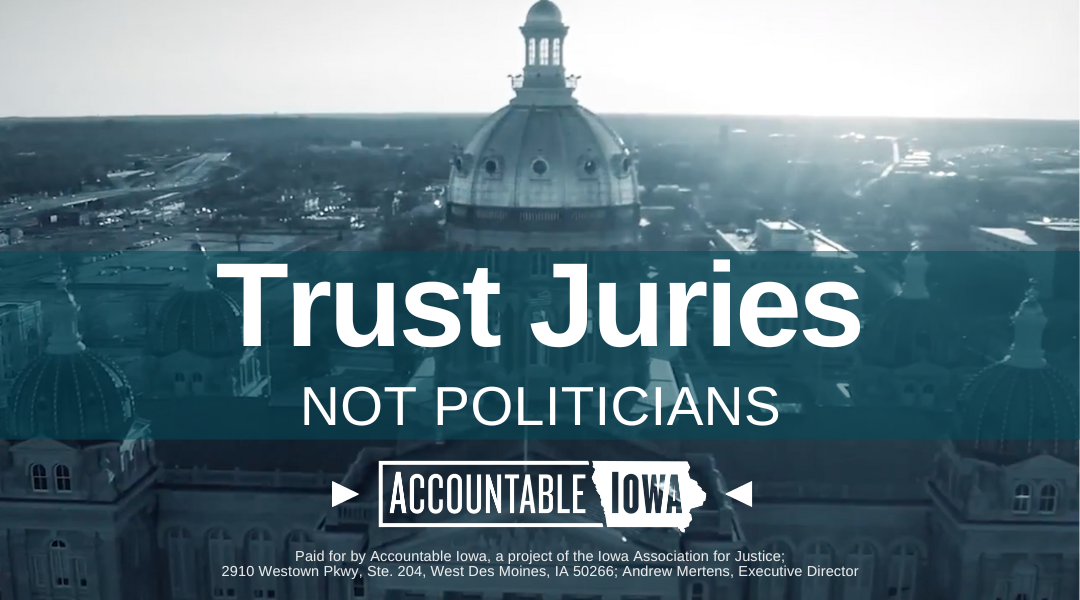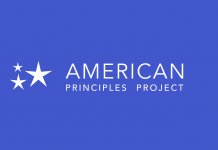I chaired a bill that would eliminate the use of the Collaborative for Academic, Social, and Emotional Learning (CASEL) framework for Social Emotional Learning (SEL) adopted by the Dept. of Education in 2019.
The CASEL framework for SEL uses what is called “transformative” SEL, as opposed to the traditional or classic SEL we have known. This includes concepts from critical race theory specifically prohibited by law from being taught, trained in, advocated for, or promoted. Six of these concepts are:
- That one race or sex is inherently superior to another.
- That the USA or Iowa are fundamentally or systemically racist or sexist.
- That an individual, by virtue of their race or sex is inherently racist, sexist or oppressive whether consciously or unconsciously.
- That an individual should be discriminated against or receive adverse treatment because of their race or sex.
- That fault, blame or bias should be assigned to a race or sex or to a member of that race or sex or claiming that consciously or unconsciously members of one sex or race are inherently racist or inclined to oppress others.
- Characteristics, traits, values, morals, and ethical codes, privileges, status or beliefs should be ascribed to a race or sex or to an individual because of their race or sex.
These conflict with many families’ religious and political beliefs.
“Transformative” SEL also includes LGBT ideology, which is the belief system held by some schools that homosexuality is an innate and immutable characteristic and that homosexual practice and lifestyle is an acceptable alternative way of life that should be affirmed. “Transformative” SEL also includes the belief that a person’s gender identity is changeable and that their current gender identity should be accepted and affirmed over the person’s actual biological sex, even if it is in conflict with that. These sets of beliefs are contrary to and opposed to many families’ religious beliefs regarding sexuality, sexual ethics, and sexual practice.
The kind of SEL that is needed is what schools had when the program started out. Children were taught on an as-needed, sometimes individual, basis how to manage their emotions, get along with others, set and achieve goals, make sound decisions, and take responsibility for their actions. These are universal and common goals shared by all families for their children. And these should be taught in school as they come alongside parents and reinforce what is being taught at home. This is the kind of SEL families are looking for from their schools.
But with “transformative” SEL that has changed. The bill is designed to return to the traditional or classic SEL we have known.
Another part of the bill requires written parental consent for a student to take part in a survey, activity, or test that asks about political affiliations or beliefs of the student or the student’s parents; mental or psychological problems of the student or the student’s family; sexual behavior, orientation, or attitudes; illegal, antisocial, self-incriminating or demeaning behavior; critical appraisals of other individuals with whom the student has close family relationships; religious practices, affiliations or beliefs of the student or the student’s parents.
These are delicate and sensitive student and family information and are private and tender parts of a student’s life, the family’s beliefs, and student/family relationships and are very personal. Schools have no business getting this kind of information without the consent of the parents.

















